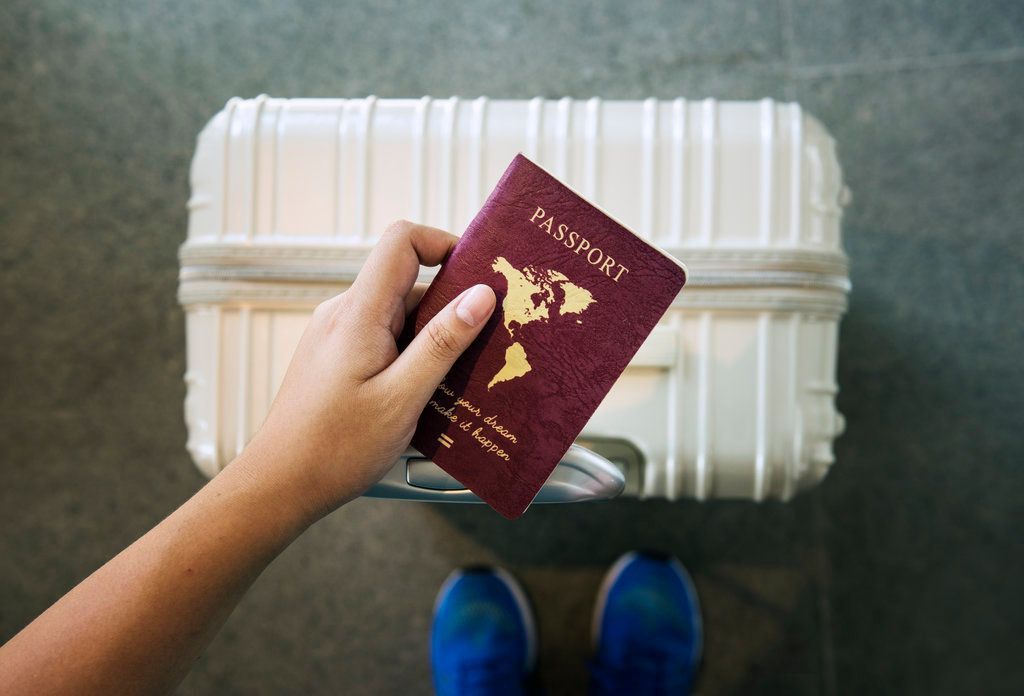Will Human Translators Be Replaced by Machines
In the previous several decades, translation technology has advanced at a breakneck pace, producing widespread disruption in the sector. Human translations are still considerably superior to computer translations at this time. At this point, it’s hard to predict what degree of quality machine translations may accomplish soon. Machine translation can now create writings that are legible and occasionally comprehensible, and it is improving. Machine translations may become faultless in the future, especially as engineers optimize computers’ capacity to draw on databases of human translations.
Pros of Humans Translation
Many expert translators believe that computer translation will never be able to replace human translation. The simplest explanation is that machines continue to make mistakes during the translation process for a variety of reasons. The following five factors demonstrate that machines cannot translate as well as humans:
Better Quality
Human translation is dependent on the original content’s creative interpretation. Machine translation does not comprehend the substance of the information being translated, but human translators do. Human translators will be familiar with cultural-linguistic quirks, subtleties, tone, and phrases used by native speakers. Machine translation engines can’t completely interpret the meaning of material since they don’t grasp the context.
Language Skills
Knowledge of human translators of both languages aids in the translation of any content to match the demands of the target audience. Machine translation is less expensive and faster than human translation, but it cannot understand the meaning of a document. Human translators are fluent in English and have a natural talent for phrasing and conceiving text.
Cultural Sensitivity
Cultural sensitivity is the most important factor to consider while translating text. Nonetheless, each culture’s ideals are woven into its language. Human translators can take into account a variety of cultural conventions and values while translating text from one language to another. Human translators will perfectly translate the information since they are aware of cultural conventions and values. Automated robots, on the other hand, are prone to overlook cultural cues and implications, failing to interpret the text appropriately.
Language Evolution
Machine translation algorithms cannot ‘learn’ a language’s whole vocabulary history and use – especially as new terms are added to our everyday lingo on a regular basis. Human translators can adjust to these changes considerably more quickly than robots. These changes are tough for computers to adjust to, necessitating contact upgrades and reteaching — they simply can’t keep up.
Human Touch
Machine translators’ artificial intelligence will never be able to match human intellect. Although machine translators are fairly efficient, human translators provide the information with the particular relevance it lacks. If proofreaders and copy editors are used to controlling the translation process, it will be intelligible and grammatically accurate. Because only humans are capable of comprehending the complexities of a language, they are the only ones who can improve the translation for the intended audience.
Hybrid Mode
Machine translation isn’t the only sort of translation technology that’s advanced in the last few years. Various computerized translation technologies have become accessible, allowing translators to work more quickly, efficiently, and fully. In the future, a hybrid approach of translation may prove to be the most successful and efficient. We may already see this to some extent today: most translators use some form of assistance software. Human reviewers are generally hired by organizations that employ machine translation to look over the language, smooth it up, and make it legible.
It is realistic to expect technological advancements to bridge the gap between these two paradigms. In the future, computer-assisted human translation—or, if you prefer, human-assisted computer translation—might be the gold standard of translation. As a result, it appears that the answer is no, human translators will never be entirely replaced. This is where Calgary-certified translation services come into factor. The challenge for translators will be to keep ahead of the curve and be the first to adopt new technologies while adjusting business models to the changing realities of the future.

CONTACT US
MENU
BUSINESS HOURS
With In-Person Mobile Services or over the Phone/Email
24 HOURS
Smart Site Design & SEO Services by Green Lotus Agency











